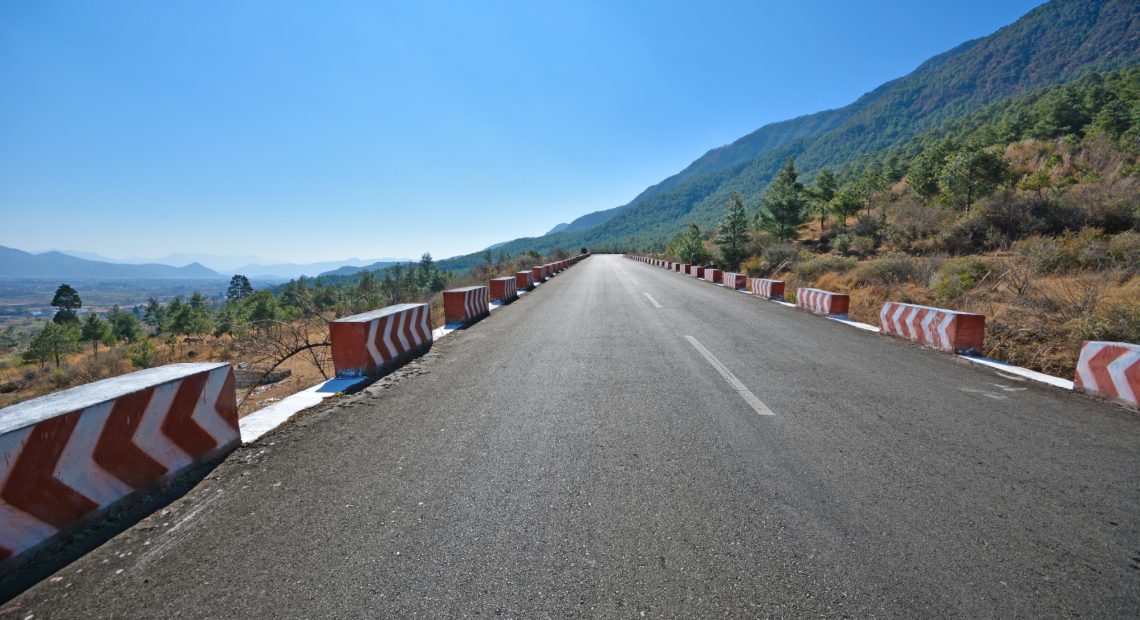
Land Acquisition Hurdles Delay NHAI Projects Worth ₹40,000 Crore
The National Highways Authority of India (NHAI) is grappling with significant land acquisition challenges, delaying 42 road projects collectively valued at ₹40,000 crore. These projects, aimed at boosting India’s infrastructure and connectivity, are currently stalled due to difficulties in securing required land parcels.
The delays stem from disputes over compensation, legal battles, and local resistance, which have become persistent obstacles in land acquisition processes. The roadblocks are not only causing financial overruns but also impacting the timely delivery of key national highway projects.
Key Projects Stalled
Among the affected initiatives are critical highway expansion projects aimed at decongesting urban centers, improving logistics corridors, and connecting rural regions to major markets. These delays threaten the progress of flagship government programs like Bharatmala Pariyojana, which envisions transforming India’s road infrastructure.
According to officials, efforts are being made to expedite resolutions through negotiations and legal interventions. However, the process remains slow, with stakeholders highlighting the need for reforms in land acquisition policies to prevent further setbacks.
Financial and Economic Implications
The stalling of these projects is not only inflating costs but also hampering economic growth by delaying much-needed infrastructure improvements. Highways play a vital role in supporting industries, reducing transportation costs, and creating employment. Experts warn that prolonged delays could undermine investor confidence in India’s infrastructure sector.
Government’s Response
The Ministry of Road Transport and Highways is working closely with NHAI and state governments to address these issues. Proposals for streamlining land acquisition processes, including enhanced compensation packages and fast-tracking legal clearances, are under consideration.
NHAI has also begun engaging with local communities and stakeholders to resolve disputes amicably. Officials emphasize the importance of balancing infrastructure development with fair treatment of landowners.
Despite the challenges, the government remains committed to achieving its infrastructure targets. These efforts are expected to bring about reforms that ensure smoother execution of future projects, contributing to India’s long-term development objectives.


















